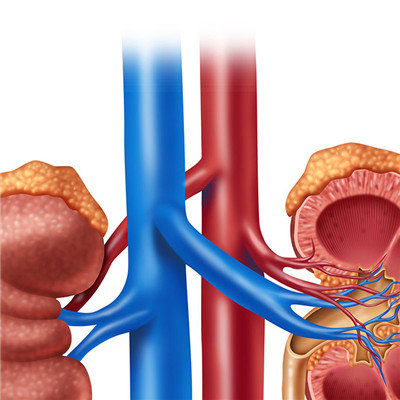Sequelae symptoms of cerebral hemorrhage?
summary
Sequelae of cerebral hemorrhage refers to the sequelae left after cerebral hemorrhage, which is manifested as hemiplegia, general paralysis, limb dysfunction, mouth and eye deviation and so on. Cerebral hemorrhage is mainly related to the lesion and sclerosis of cerebral vessels. Generally speaking, cerebral hemorrhage refers to spontaneous primary cerebral hemorrhage. Patients with cerebral hemorrhage are often due to emotional excitement, effort when suddenly onset. The early mortality of cerebral hemorrhage is very high, about half of the patients died within a few days after the onset of the disease, and most of the survivors have different degrees of sequelae. There are three common sequelae of cerebral hemorrhage.
Sequelae symptoms of cerebral hemorrhage?
Mental and intellectual disorders: due to large-scale or repeated cerebral hemorrhage accidents, patients may have mental and intellectual disorders, such as personality change, negative pessimism, depression, irritability, mental depression, memory decline and other mental or intellectual sequelae.
Aphasia with sequelae of aphasia cerebral hemorrhage mainly includes three aspects: 1. Motor aphasia (Broca aphasia) shows that patients can understand other people's words, but can't express their own meaning, the lesions involve the dominant hemisphere Broca area, and the corresponding subcortical white matter and other areas; 2. Sensory aphasia (Wernicke aphasia) has no language expression barrier, but it can't understand other people's words, and also can't understand what they say. It shows that they don't answer questions and speak to themselves, and the lesions involve the Wernicke area of the dominant hemisphere; 3. Naming aphasia is characterized by seeing an object, being able to tell its purpose, but not being able to name it. The lesions involve the posterior part of the middle temporal gyrus or the temporal occipital junction of the dominant hemisphere.
Other symptoms: headache, dizziness, nausea, insomnia, dreaminess, inattention, tinnitus, dizziness, sweating, palpitation, unstable pace, neck pain, fatigue, weakness, loss of appetite, memory loss, dementia, depression, etc.
matters needing attention
The damage of cerebral hemorrhage is very big, most patients with cerebral hemorrhage will die in a few hours or days, the mortality is high, a small number of patients with cerebral hemorrhage survived, but there are different degrees of sequelae, causing great damage to patients. The sequelae of cerebral hemorrhage has great harm to people, so the patients and their families must know more about the relevant knowledge of cerebral hemorrhage, so as to do a good job in prevention. If unfortunately suffering from cerebral hemorrhage sequelae, we must choose a regular hospital for treatment.











